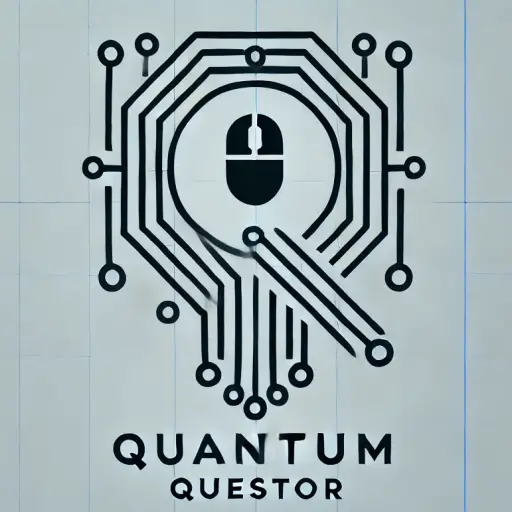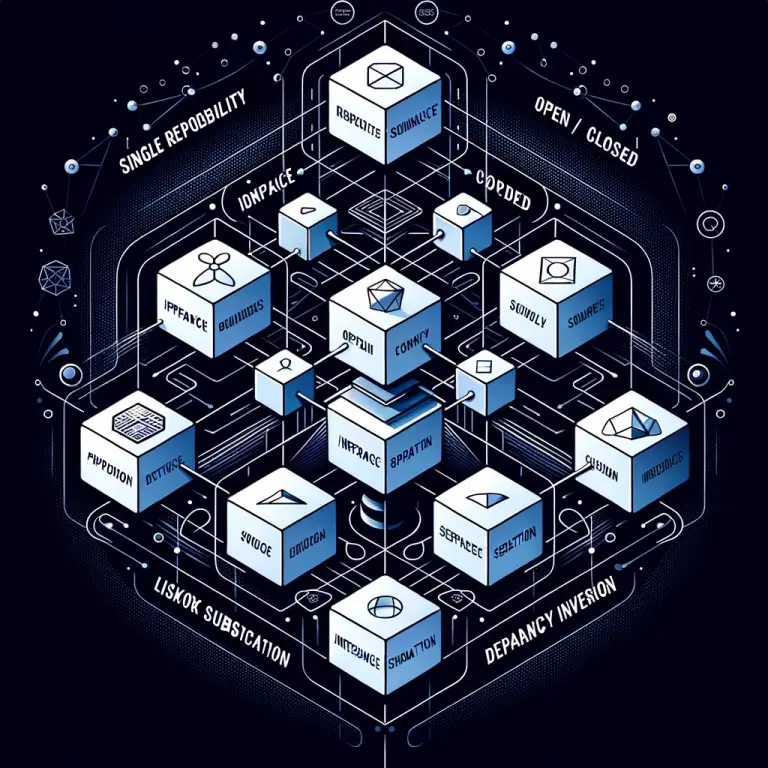
Title: The Emotional Side of Coding: Letting Go of Perfection and Embracing Growth
When we talk about teaching people how to code, we often focus on the technical foundations: syntax, frameworks, algorithms, and tooling. But what gets far less attention — and arguably matters just as much — is the emotional journey that comes with writing code.
For many early-career engineers, code isn’t just a set of instructions to be executed. It’s personal. It’s the product of hours of deep focus, trial and error, learning, and pride. This emotional attachment is understandable — and in many ways, beautiful. It’s a sign that the work matters. But over time, part of the growth from junior to mid-level and eventually senior engineer is learning how to shift that emotional connection into something more sustainable.
From Attachment to Acceptance
One of the most difficult, yet important lessons is learning to detach your sense of identity from your code. Early on, a rejected pull request or critical comment can feel like a personal failure. But as you grow, you start to understand that feedback is not an attack — it’s a gift. It’s a chance to improve, to collaborate, to build something stronger together.
This doesn’t mean becoming indifferent. It means learning how to care deeply without being consumed. It means being proud of your work, but not defined by it. And it means recognizing that software, by its very nature, is impermanent.
Feedback is a Two-Way Street
Compassion isn’t just needed in how we receive feedback — it’s crucial in how we give it too. There’s a big difference between identifying a problem and making someone feel small for it. Code reviews should be spaces of collaboration, not criticism. Let’s not vent in our PRs. Let’s not weaponize knowledge. Let’s approach each review as a moment to build trust, to share experience, and to uplift someone else.
As you move into senior roles, one of the most powerful skills you can develop isn’t knowing all the answers — it’s creating psychological safety for others to learn, make mistakes, and grow.
Letting Go of Perfection
At the heart of this journey is learning to let go of perfectionism. So many engineers (myself included) struggle with the idea that the code has to be elegant, complete, or future-proof. But the reality is, most of the code we write will be rewritten, refactored, or thrown away.
And that’s okay.
What matters isn’t whether the code is perfect — it’s whether it serves its purpose, adds value, and leaves things a little better than before. Good enough is good enough. Because progress beats perfection every time.
A Culture of Empathy and Growth
If we want to build strong engineering teams — and more importantly, sustainable careers — we need to talk about these emotional dimensions more openly. We need to normalize the fear of not knowing, the sting of criticism, and the anxiety of letting go. And we need to replace shame with support, silence with mentorship, and critique with compassion.
Engineering is as much about people as it is about code. And the more we remember that, the better our code — and our teams — will become.

